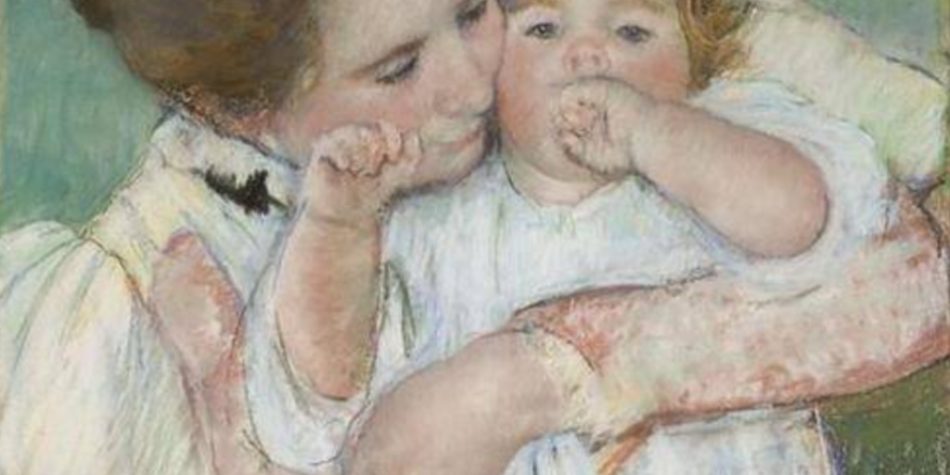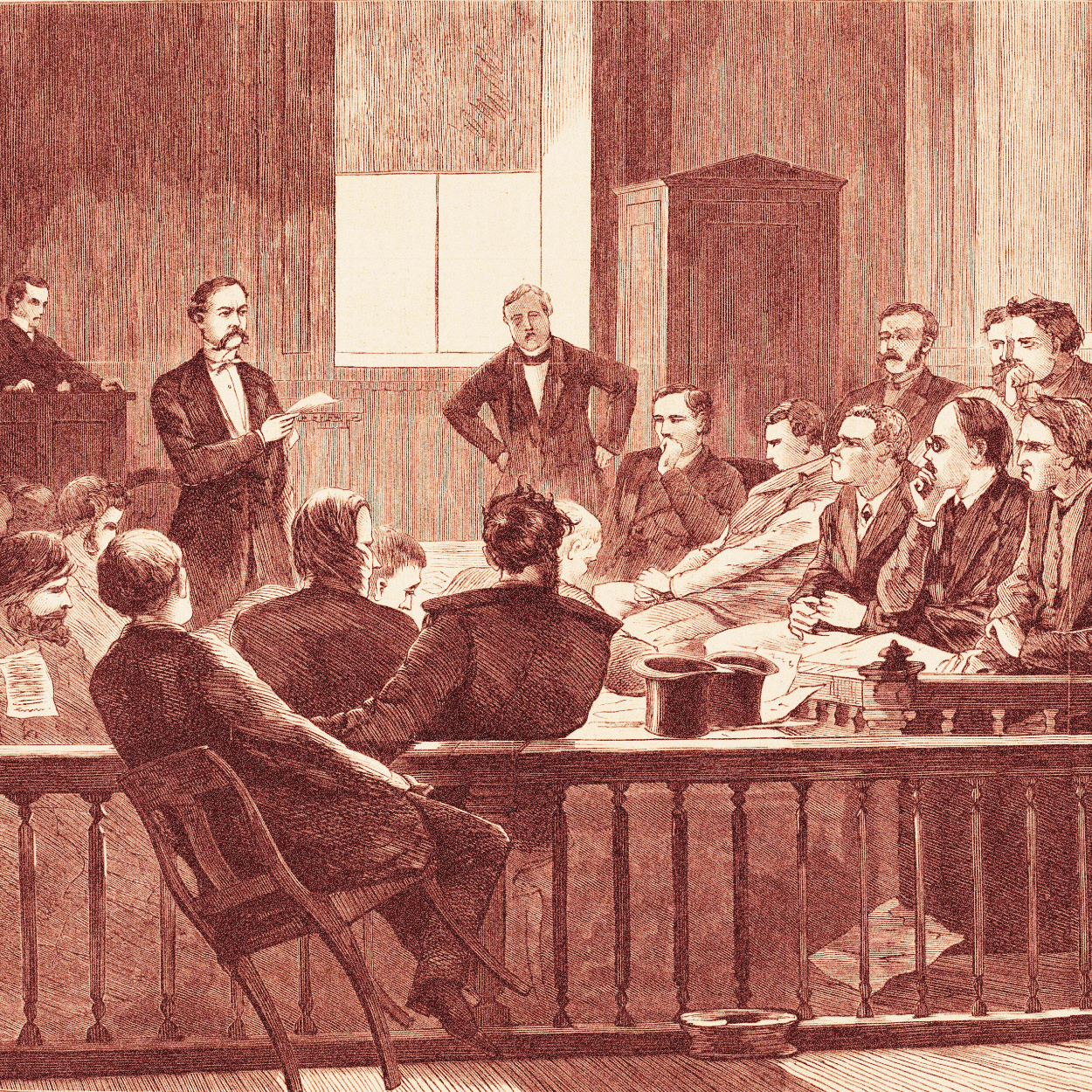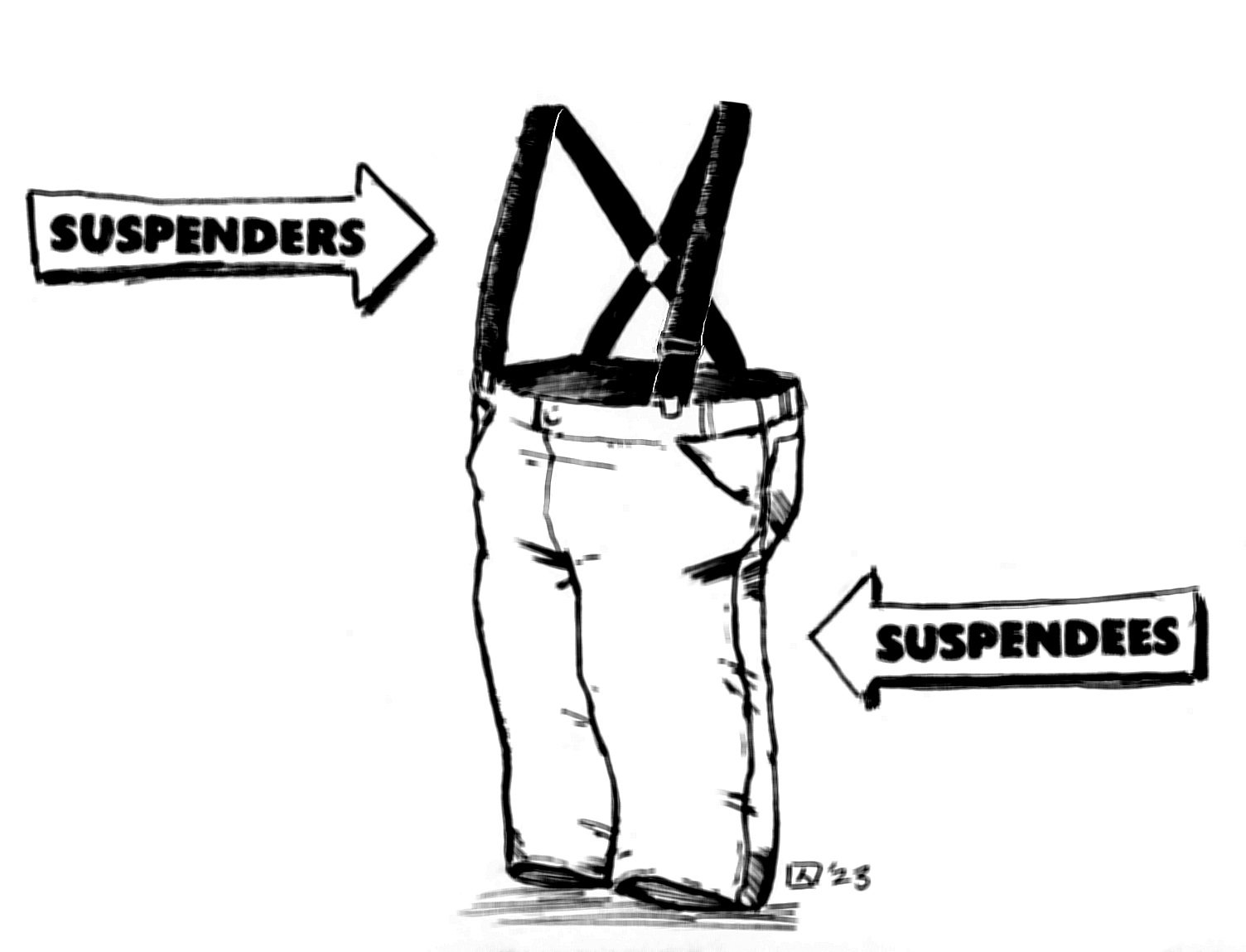Christine Durham, Chief Justice of the Utah Supreme Court through 2012, is the most recent in a long line of pro-choice Latter-day Saints to fundamentally misconstrue the Church’s adamant opposition to abortion as something other than pro-life. The problem is not that Durham gets the Church’s position wrong. She correctly notes that the Church does not consider abortion to be murder and that the Church acknowledges certain rare, exceptional cases where abortion may be legally and morally justified. The problem is that, contrary to Durham’s assertions, these positions fit comfortably within the mainstream of the pro-life movement.
What does it really mean to be pro-life? According to the mission statement of the nation’s oldest and largest pro-life organization, being pro-life entails a commitment “to protect and defend the most fundamental right of humankind, the right to life of every innocent human being from the beginning of life to natural death.” In simple terms, the pro-life position holds that all human lives are equal, and so killing an unborn human being is akin to killing a born human being.
Doesn’t that imply that abortion must be viewed as murder? And that abortion must be opposed without exception? No, these conclusions don’t necessarily follow from the fundamental premise, and that misapprehension is where Durham goes wrong.
From the pro-life perspective, abortion is certainly homicide, but not every form of homicide is so severe that we call it murder. That is the reason that lesser charges, such as voluntary and involuntary manslaughter, exist. What’s more, not every case of homicide is even a crime at all, which is why the category of justified homicide exists. The only question that remains is this: do all human beings deserve a right to life? Or only some of them?
The reality is that the Church does not need to oppose abortion without exceptions to be pro-life. In fact, essentially all pro-life activists and organizations agree on at least one obvious exception: when an abortion is the only recourse to save the mother from death or grave injury. (Even pro-lifers who initially claim to oppose abortion without exceptions will concede this when asked about it specifically.)
What about other exceptions? They are a matter of debate within the pro-life community. Consider the rare case where a pregnancy results from rape. Many pro-lifers feel that abortion should be illegal in those cases because it is unfair to punish a child for a crime they did not commit. Other pro-lifers feel that, in the case where pregnancy was forced upon a woman against her will, she should have the option to refuse the use of her body to support another human being.
The core of the pro-life movement is simple: treat all human beings equally. What this looks like in practice is complicated in the case of abortion because of the unique aspects of pregnancy and because of the competing interest of the mother. The pro-life movement is more than aware of these complications, and there is room within the coalition for diversity in difficult and often tragic exceptional cases. The only truly non-negotiable consequence of the pro-life position as it relates to abortion is that elective abortions are neither morally nor legally permissible, which is exactly the Church’s position.
Does this prove the Church is pro-life? Not entirely. Durham’s argument that the Church can’t be pro-life is certainly wrong. But it’s technically possible that the Church opposes abortion for some reason other than a dedication to the ideal of equal human rights.
While this is a theoretical possibility, it’s hardly likely. The Church says that abortion is not murder but is “like unto it,” strongly implying that it is the consideration for the life of the unborn that is at stake. And, while there may be some shred of ambiguity when it comes to the Church’s official, definitive position, there is none when it comes to the view of President Nelson—a trained surgeon—that killing unborn and born human beings are equivalent. This is the central thesis of his emphatic essay, “Abortion: An Assault on the Defenseless.” At this point, those who wish to view the Church as anything but pro-life have little left but straws to grasp at.
Durham is confused on one additional point: that any of this argument rests on theology. It does not. As Durham notes, the Church has no position on ensoulment, on personhood, or on the precise status of unborn human beings who die before birth (whether because of abortion or otherwise.) All of this is equally true and irrelevant.
It doesn’t require philosophy or theology to ponder when a human life begins, just a standard embryology textbook. The Church’s position on abortion need not wait for any particular revelation because no revelation is needed to conclude that a unique, living human being is created at conception. The only question that remains is this: do all human beings deserve a right to life? Or only some of them?
When we look back through history, we see that every time where someone has sought to separate out a certain class of human beings and designate them as non-persons or sub-human, the result has been a literal crime against humanity. The pro-choice position (of legalizing elective abortion) rests on the proposition that—no, really—this time is different. That, unlike all the other times when we were wrong to dehumanize some humans, this time it will work out. That some human beings really are beneath the rest of us.
The pro-life movement takes the opposite position: every innocent human life deserves equal moral and legal consideration. This principle, which the Church shares, requires opposition to elective abortion, which the Church also shares. This situates the Church firmly within the pro-life coalition.
But the principle that all human lives are equal is not the end of the discussion on abortion, only the most vital milestone along the route. If all lives deserve equal consideration, then this must obviously include the rights and interests of mothers. And what of cases of rape, or severe fetal abnormality?
Even after accepting the core premise that all human lives are equal, abortion remains a difficult, complex, fraught topic. That is why there is diversity within the pro-life coalition. Pro-lifers disagree with each other on these topics, and sometimes the internal debates can be quite fractious. Nonetheless, there is ample room within the pro-life movement for moderate voices like that of The Church of Jesus Christ of Latter-day Saints. There is no such space for the Church’s moral witness in defense of unborn human beings on the pro-choice side.

















